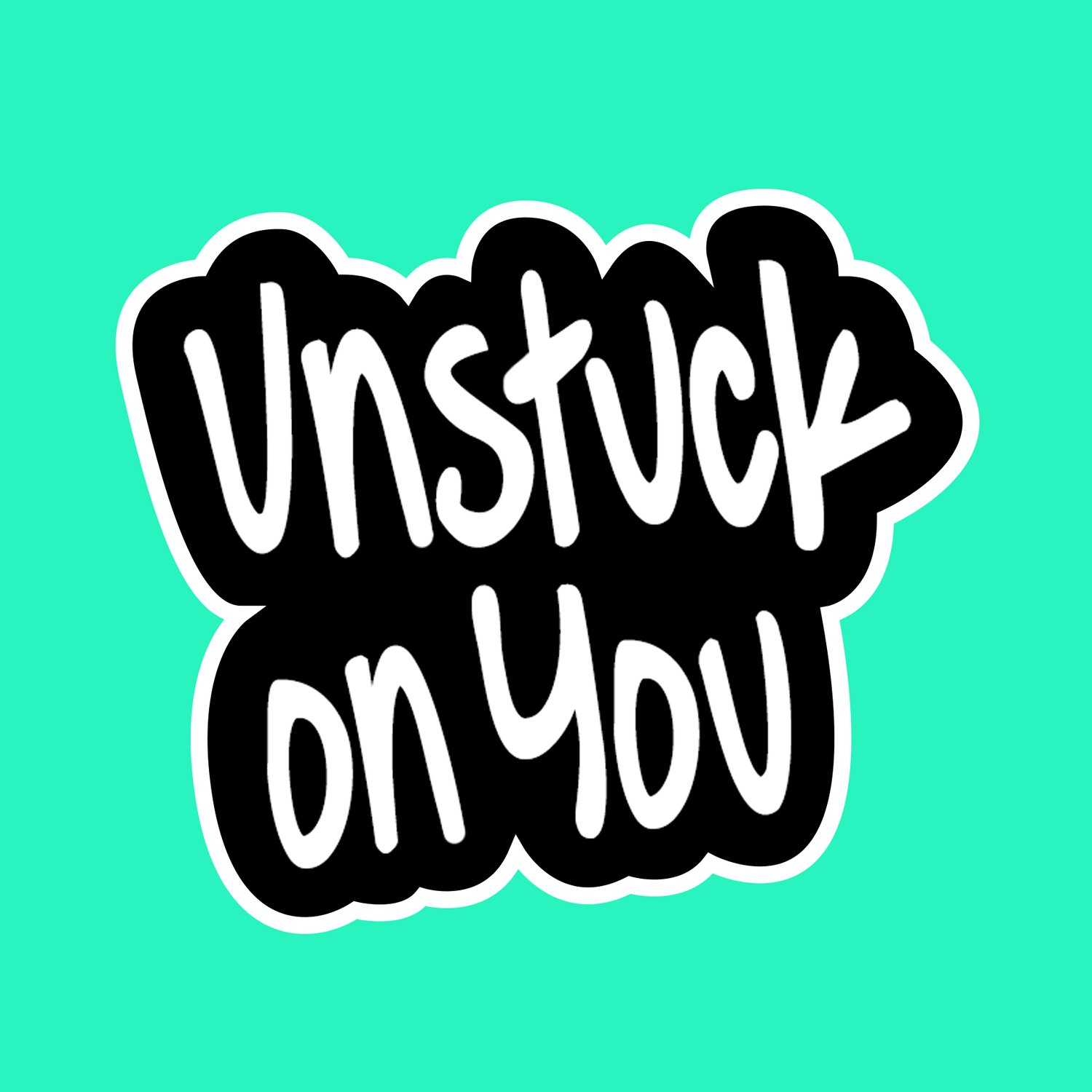Thinking Outside the Box: How Opposite Thinking Can Help Recovering Codependents
As a recovering codependent, one of the things that seems to work for me is “opposite thinking”. This strategy comes in handy when I’m thinking worst-case scenario. Now don’t get me wrong, thinking about worst-case scenarios can be a really helpful skill to the right situation, however, constant worst-case thinking can take over your life and leave you feeling overwhelmed, exhausted and hopeless.
So what do I mean by opposite thinking? For example, I’ve decided to try something new, like “start a podcast”. I have some interviews lined up and now old patterns have me questioning everything. “What happens if the equipment doesn’t work? What happens if I don’t have any good questions to ask?” What if I stumble over my words?” These are real thoughts I’ve having and it can take over and cast a shadow on some really awesome benefits that this podcast brings. I don’t want that.
Time to reframe those thoughts! First, I honor them. Ok, let’s test the equipment and see if it works. Let’s brainstorm some questions. And yes, it’s likely I’ll stumble on some words, however that’s why I have an audio editor! So, I start with reassuring myself.
The real power of opposite thinking for me is when I’m questioning it all. Like those moments, when I’m wondering why do this podcast at all? (Which I am feeling less and less of these days, thankfully!) I have to remind myself that doing all this is me trusting myself and my purpose: to help other people. This podcast and blog have also been wonderful places to facilitate my own healing and creative expression. However, some days it can be hard to trust this path because I never thought podcasting would even be a path I would be taking in my life. That’s life though, when you’re feeling called, will you be open to take a risk and find out?
Funny enough, when I look back on my life, podcasting isn’t too far of a stretch. Maybe I’ve been gearing up for this all along and however, I couldn’t see it until now?
Quick story: My high school had a radio station that aired for the small community I lived in. I spent most of my high school years in that studio playing CDs – we had a multi-disc changer which was so cool. The fun for me was creating skits with my friends. The process of creating with others was so enlivening to me. It filled my cup! We laughed so hard, we cried. I could spend hours in that recording room.
You can see as I start to unpack this, I’m reminded of my skills and what lights me up! The worst-case scenario thinking starts to melt away when I think about how much joy this whole process brings and that reminds me that I’m on the right path.
It’s really easy to apply opposite thinking in every day life too. Is there something you’re worried about – maybe even thinking about obsessively? How can you use opposite thinking to look at it with a different perspective.
Here’s an example:
I have had many occasions when there’s been a lag in communication with someone and I immediately think the worst. Like they are mad at me, they don’t care about me to call, they must be upset that I didn’t do (fill in the blank). If you have codependent patterns, it’s easy to create all sorts of stories for why I haven’t heard from that person and why I must be to blame. Not a fun place to be. Using the power of opposite thinking, I can reframe those thoughts into something better and probably even more realistic: “Maybe they are busy with work and family. We will talk soon.” Our lag in communication has nothing to do with me. I usually feel a lot better and it takes the worry and anxiety off of me. It takes practice and compassion for yourself and thoughts. Over time, it gets easier.
In conclusion, "opposite thinking" is a powerful tool for recovering codependents to manage their worst-case scenario thoughts and reframe them into a more positive and realistic perspective. It helps to remind oneself of the bigger picture, the purpose and the benefits of taking a risk in trying something new. By applying this strategy, one can release themselves from the burden of worry and anxiety and trust the path that they are on. Remember, when you're feeling called, will you be open to take a risk and find out?
Can you spot me? Radio + Mass Media yearbook photo - senior year!

